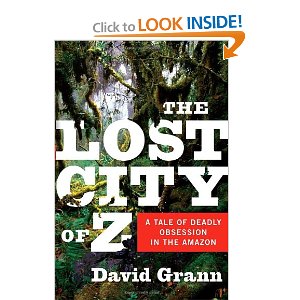A version of this post appeared today on Huffington Post - future posts will also appear at my Huffington Post blog page
http://www.huffingtonpost.co.uk/conor-woodman/britains-booming-cannabis-industry_b_4101139.html
Over the last three months, I’ve been making a film for ITV’s Exposure strand on Britain’s cannabis industry. I wanted to take a different approach to the usual ‘blue light’, following the police style of law and order programming that we’ve seen a lot of on our screens in recent years and get inside the cannabis business to see it from the criminals point-of-view. This is an approach I’ve employed with great success for Scam City on National Geographic Channel.
One of the biggest challenges in documentary film making is finding informative contributors who are prepared to appear on camera, especially criminals. But once you’ve found them, getting them to talk about their crimes isn’t as hard as you might think. We all like to talk about ourselves and our jobs. This is equally true of people who break the law for a living and, in fact, in many cases they can be even more forthcoming. Even if what they do isn’t very good, many of the criminals I speak to are really very good at what they do. They often relish the opportunity to show that off to someone who shows them a little interest.
In the last few months, I’ve conducted interviews with cannabis growers and dealers as well as some pretty violent criminals working on the fringes of the industry. Over 80% of the cannabis consumed in the UK today is grown in the UK. Growers are predominantly using bedroom and loft spaces in residential properties across the country, growing between 10 and 100 plants at a time. A few of the growers I met had university degrees but had abandoned ‘dull’ day jobs to become full time cannabis cultivators. One explained to me his initial decision to grow cannabis was motivated by a desire to avoid having to come into contact with dealers, but ironically as he got better at it, he started selling what he couldn’t smoke himself onto the very dealers he was trying to avoid. Eventually it became a full time job earning him around £50,000 per year.
One dealer talked to me openly about his enterprise while we were driving around in his car selling bags of cannabis out of the window. He is typical of the kind of dealer in the UK today. He buys surplus product from local growers and also grows his own cannabis plants in three different houses near where he lives. He sells the produce in deals that range from a couple of grams (£20) up to a whole kilogram (£7,200). In a good year he expects to make over £100,000 cash.
All of the growers I met were cautious of being interviewed and revealing their identities. I initially supposed this was for fear of being caught by the police but came to realise something else was far more frightening to them - the ‘Enforcer’. One so called ‘Enforcer’ I met was a man with a string of convictions for violent crimes. He told me how he now makes a living from stealing cannabis being grown in his community. He targets houses where he believes cannabis is growing and then kicks in the door with a machete and claw hammer in-hand to use as necessary in his pursuit of a lucrative fresh crop, which can be worth upwards of £20,000 a time. If he suspects you have another farm elsewhere then he’ll torture you to find out where it is. With a certain glee he explained to me his favourite torture techniques - hammer on the feet or electric shocks with his adapted car battery device he calls ‘Sparky.”
Everyone, even a torturer, likes to talk about how good they are at their jobs. Getting these people to speak is important - it makes people think and opens up the debate.
Conor Woodman is an International best-selling author, TV presenter and broadcaster. His latest project Exposure: Britain’s Booming Cannabis Business airs on ITV on Wednesday 16 October at 11.05pm.













